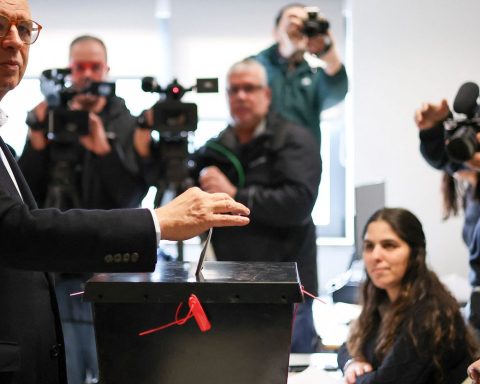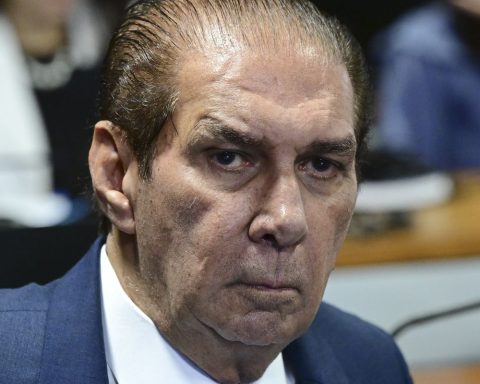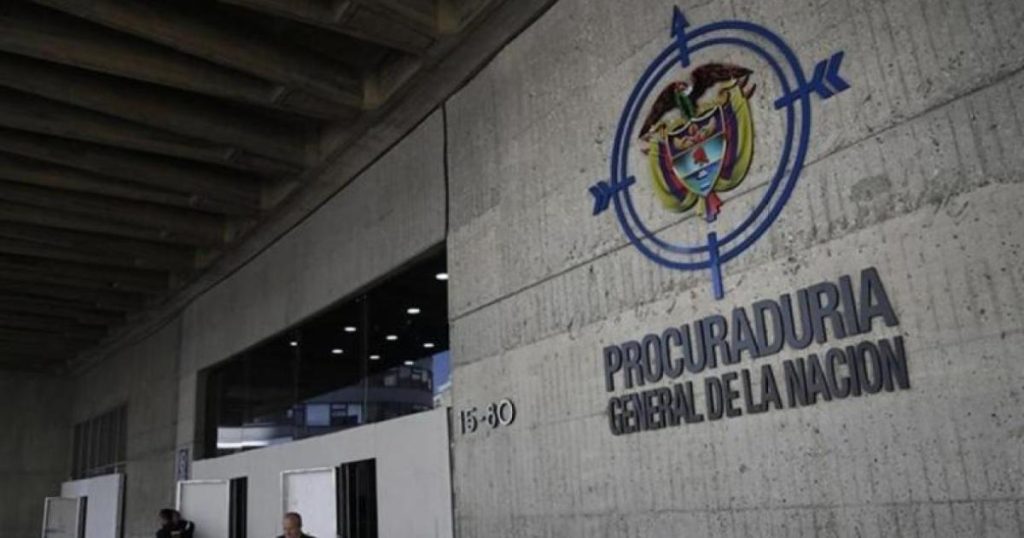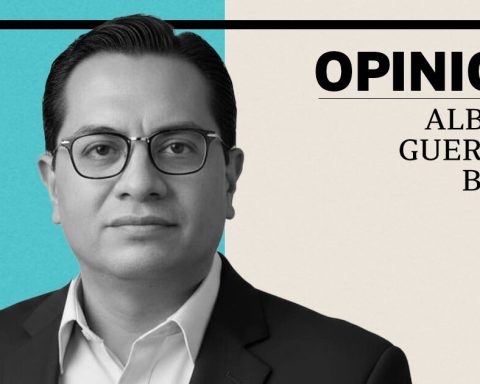Retirees and pensioners of the National Social Security Institute (INSS) will pay more in future payroll-deductible credit operations. By 13 votes to 1, the National Social Security Council (CNPS) approved this Thursday (8), in Brasília, the new interest limit of 1.8% per month for these operations.
The new ceiling is 0.14 percentage points higher than the current limit, of 1.66% per month, a level that has been in effect since April. The interest ceiling for payroll credit cards was maintained at 2.46% per month.
Proposed by the government, the measures come into force five days after the normative instruction is published on the Official Gazette of the Unionwhich will occur in the coming days. The banks had asked for the ceiling to be raised immediately.
The recent increases in the Selic Rate (basic interest rates for the economy) were the justification for the increase. In December, the Central Bank’s Monetary Policy Committee (Copom) raised basic interest rates from 11.25% to 12.25% per year. Due to higher interest rates, the main banks stopped granting payroll loans, claiming that operations were unfeasible with the current ceiling.
Mismatch
Only the bank representative voted against the measure, alleging a mismatch between payroll interest and the reality of the financial market. Financial institutions asked for a ceiling of 1.99% per year to allow the partial resumption of concessions, excluding disability retirees over 70 years of age. A 2021 resolution from the National Monetary Council (CMN) determines the economic viability of granting credit assigned to the INSS.
With the new ceiling, official banks will be able to lend through the modality again. According to the most recent data from the Central Bank (BC), referring to the third week of December, Banco do Nordeste charged 1.73% per month; Banco da Amazônia, 1.71% per month; Caixa Econômica Federal, 1.7% per month; and Banco do Brasil, 1.69% per month.
As all rates were above the current ceiling of 1.66% per month, these rates in practice mean that institutions have suspended offering this type of credit. The BC survey already considered the most recent increase in the Selic Rate.
Deadlock
In August 2023, when the Central Bank began to cut the Selic, the Minister of Social Security, Carlos Lupi, had said that the department had decided to follow the movement and propose reductions in the payroll ceiling as interest rates fall. During the cycle of low basic interest rates, the CNPS reduced the credit ceiling granted to INSS policyholders.
Despite the beginning of the Selic rising cycle, in September last year the increase in the payroll interest ceiling did not follow the evolution of the basic rate. The limit had been unchanged since June.
At the end of last year, institutions such as Banco do Brasil, Itaú, Santander, Pan, BMG, Mercantil and Banrisul suspended the offer of INSS payroll loans to banking correspondents because the ceiling of 1.66% interest per month no longer covered the costs. of the modality..


















